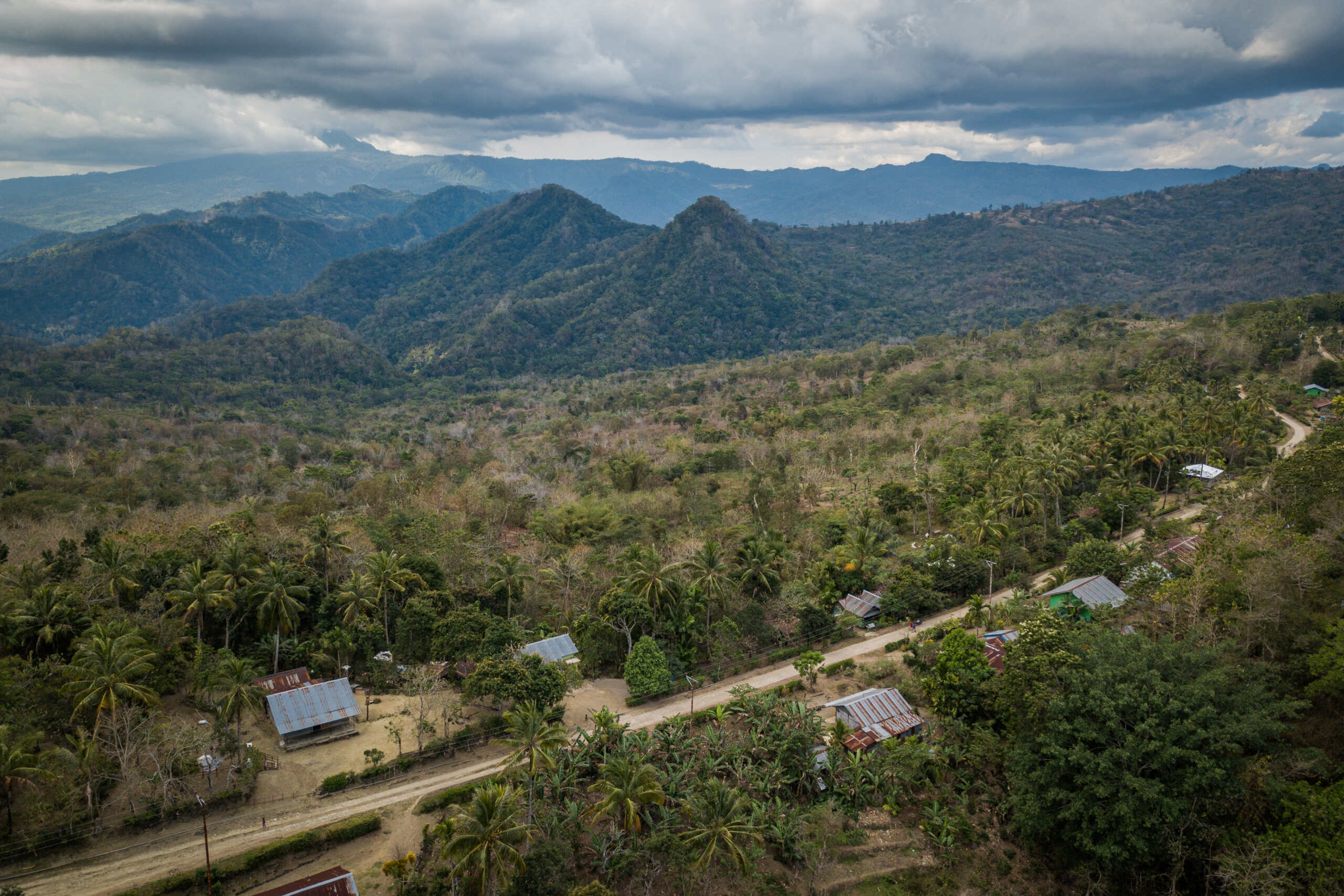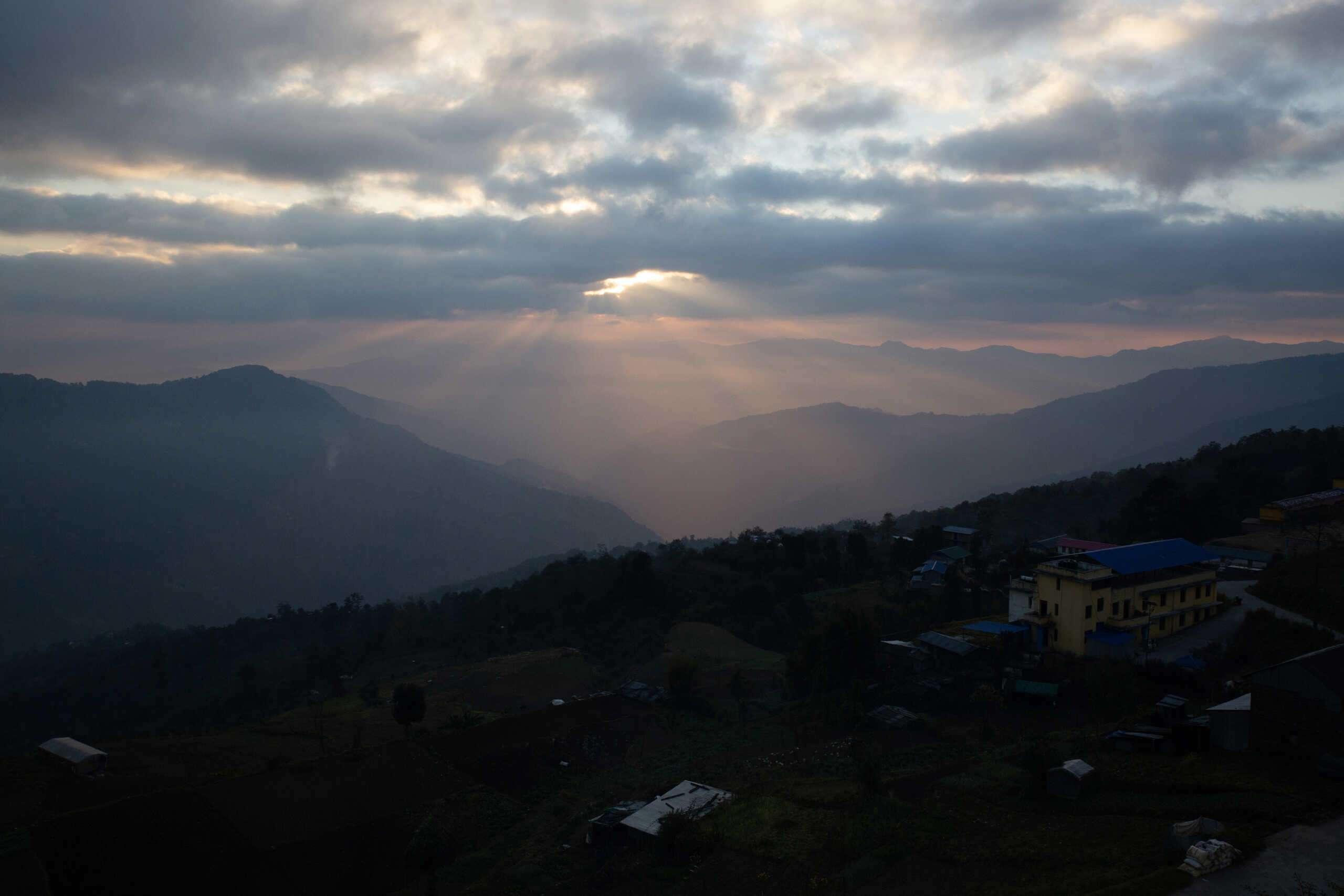CBM Donor’s Engineering Success
Stories | August 17, 2020
CBM Donor’s Engineering Success
Greg Fawbry, one of our valued supporters, is an engineer drawn to our work in inclusive eye health. Graeme Turner finds out why.
It was challenging to handle surveying equipment, to read the calibrations in a time long before digital readouts. This might not seem a huge deal, but Greg Fawbry, one of our valued supporters who works as an engineer, experiences vision impairment.
Greg was born with poor vision, wore glasses and had to use a small telescope to see the blackboard at school. He needed extra time for exams as he also had nystagmus, which rendered focusing on words difficult and exhausting.
At university, wearing spectacles was less of an issue. Practical work, however, presented challenges, but Greg pushed through, gaining work as an assistant engineer in Mildura in Victoria, being supported in his surveying work by an understanding colleague.
Later he moved to Devonport in Tasmania to work on the modelling of water supply and sewers.
Greg was offered a driver’s licence exemption and so was able to handle a car successfully for many years, until the day when, on his pushbike, he was hit by another vehicle. It took him six months to recover, and the incident marked the beginning of a deterioration of his sight. He now uses the screen magnification software MAGic and the screen reading program JAWS. He continues to work on greater accessibility to his work which requires a great deal of spreadsheet operation. Fortunately, says Greg, his CEO has as much understanding of his situation as anyone and has asked Greg to list his requirements. Even then, it’s taken five years to render these adjustments and is still a work in progress.
Around the year 2000 and in 2002, Greg visited Kenya as part of a Christian group and was taken by an ophthalmologist on a tour of a local eye hospital. Greg was quite impressed by the staff and the way in which they handled their patients. He saw beggars of all forms who especially congregated at traffic lights. “You see some very sad cases of people,” he says with feeling.
A family offered him beans and rice and he was reminded not to finish the plate, as this action would indicate he was still hungry and he would be offered more.
Greg plays guitar and is learning braille music after mastering the literary version, which allows him to enjoy books with the light out.
At one African gathering, a man turned up with a guitar but without a pick, making do with a plastic bread tie. “I gave that poor fellow a pick and said, “You’d better have this’,” says Greg, who sang a song in Swahili and followed this in English for his friends.
There was always someone around if Greg was lost. On one road a fellow approached him and suggested that he knew Greg from two years earlier. “And he was right. He remembered me after all that time.”
It’s the matter of the eyes that has drawn Greg to CBM, and the fact that we are a Christian organisation. Visiting Africa, however, has left an impact
“After you’ve been over there, it’s a bit of a culture shock the first time,” he reflects. “I think it’s one of the things that makes you want to help more. You see what they go through over there and see what you can do to help for relatively small cost.”
His hobbies also include restoring vintage cars and rock grinding in a polishing machine.
Greg may not be placed to head overseas to offer direct assistance, but with his wife Jennifer he has engineered some fabulous support for CBM.
Who could plan for a better form of help?
Graeme Turner has worked in the contact centre at CBM for more than three-and-a-half years. He also uses JAWS technology to assist in his work. When Graeme is not speaking directly to donors, he is interviewing them for CBM. Why? So he can engage Australian donors in working with CBM to end the cycle of disability and poverty in some of the poorest places on earth.
Are you also drawn to the work of CBM? Learn more about donating here.
https://www.cbm.org.au/stories/cbm-donors-engineering-success
Related Stories

Week 2 – Lent series 2026
As we continue our Lent journey, we’re grateful to share a heartfelt reflection from CBM Australia’s Head of Program Impact Operations, Kieran Cummins, who...

Building inclusive, climate resilient communities in Bangladesh
Highlights from DFAT Post’s visit In January 2026, representatives from the Australian High Commission in...

Week 1 – Lent series 2026
As we enter the season of Lent, we’re taking time as a community to pause, reflect, and draw closer to the heart of God. Lent invites...
